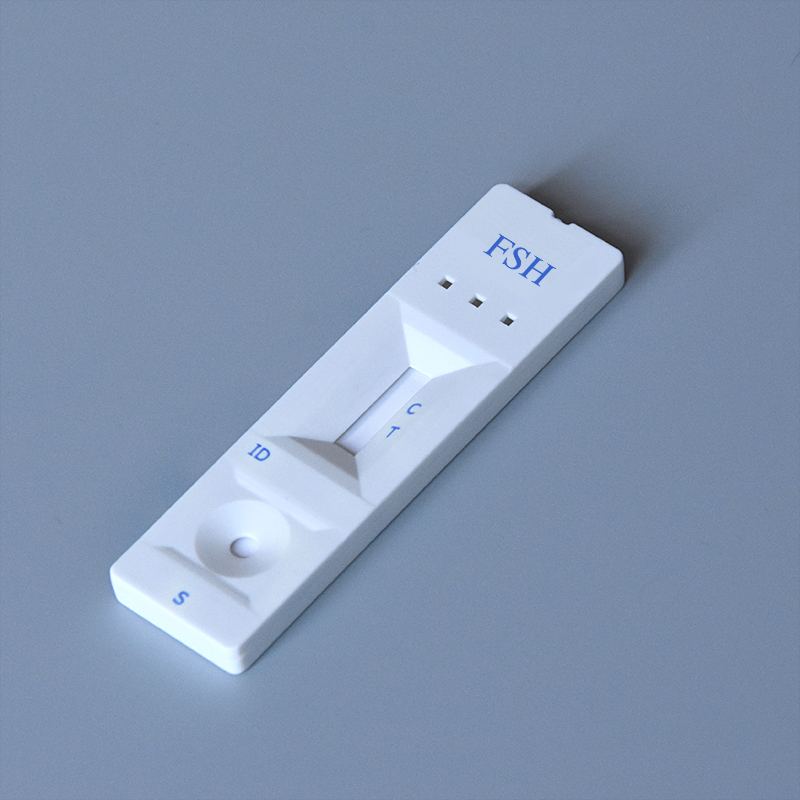Sep . 29, 2024 04:59 Back to list
Top Recommendations for Fecal Occult Blood Testing and Evaluation Techniques
Understanding the Importance of Fecal Occult Blood Tests (FOBT)
Fecal Occult Blood Tests (FOBT) are crucial screening tools in the early detection of colorectal cancer and other gastrointestinal conditions. These tests are designed to detect hidden (occult) blood in the stool, which could indicate various health issues, including tumors, polyps, and intestinal bleeding. Despite its vital role in preventive health, many people remain unaware of the significance of FOBT, how it works, and the best practices surrounding its use.
What is FOBT?
FOBT is a simple test that examines a stool sample for traces of blood that are not visible to the naked eye. It typically involves two main types the guaiac-based FOBT (gFOBT) and the immunochemical FOBT (iFOBT). Both tests have their advantages; however, iFOBT has gained favor due to its greater specificity for human hemoglobin and less dietary restrictions required prior to testing.
The primary function of FOBT is to serve as a preliminary screening method for colorectal cancer, particularly in individuals aged 45 and above, as age is a significant risk factor. Early detection of colorectal cancer is crucial, as it can greatly increase the probability of successful treatment and recovery.
Why is FOBT Important?
Colorectal cancer is one of the leading causes of cancer-related deaths worldwide. Many patients with this disease are asymptomatic in the early stages, making routine screening essential. FOBT provides a non-invasive, cost-effective means to identify potential issues before they escalate into serious health problems.
In addition to colorectal cancer, the presence of blood in the stool can indicate various gastrointestinal disorders, such as diverticulosis, Crohn's disease, and ulcers. Screening with FOBT can alert healthcare providers to these issues, enabling timely intervention and management.
How to Prepare for an FOBT
Preparation for an FOBT is relatively straightforward, especially with iFOBT, which typically requires fewer dietary restrictions. For gFOBT, however, patients are often advised to avoid certain foods that can interfere with test results, such as red meat, certain vegetables, and vitamin C supplements for a few days before the test.
Patients should familiarize themselves with the specific instructions provided by their healthcare provider
. Following these instructions is essential for ensuring accurate test results and minimizing false positives or negatives.best fecal occult blood test fobt

Interpreting FOBT Results
If an FOBT result is positive, it does not necessarily mean cancer is present. A variety of factors can contribute to the presence of blood in the stool, leading to further diagnostic testing. A positive result often leads to additional examinations, such as a colonoscopy, which allows healthcare professionals to visualize the colon and identify any abnormalities.
Conversely, a negative result can provide peace of mind, but it is essential to remember that FOBT is not infallible. Regular screenings are necessary, as they help maintain awareness of one's colorectal health.
Best Practices for FOBT
1. Regular Screening Individuals aged 45 and above should discuss FOBT with their healthcare providers and consider annual testing. For those with a family history of colorectal cancer or other risk factors, earlier and more frequent testing may be required.
2. Follow-up on Positive Results If your test comes back positive, do not panic, but follow up with your healthcare provider promptly to discuss next steps.
3. Lifestyle Factors Incorporate a balanced diet, exercise, and regular health checks into your routine to maintain gastrointestinal health and reduce cancer risk.
4. Awareness and Education Understanding the importance of FOBT can empower individuals to take charge of their health. Encouraging family and friends to participate in screenings is vital in promoting early detection and better health outcomes.
Conclusion
Fecal Occult Blood Tests are integral to the early detection of colorectal cancer and other gastrointestinal disorders. By participating in regular screenings and understanding the significance of FOBT, individuals can take proactive steps toward maintaining their health. Knowledge and awareness are key components in the fight against colorectal cancer, and FOBT serves as a valuable tool in this journey.
-
Dengue NS1 Rapid Diagnostic Test Kit
NewsMar.07,2025
-
Dengue NS1 Rapid Diagnostic Test Kit
NewsMar.07,2025
-
Dengue NS1 Rapid Diagnostic Test Kit
NewsMar.07,2025
-
Transferrin Rapid Test Cassette Tumor Marker TF Card
NewsMar.07,2025
-
Malaria Pf Pan Rapid Diagnostic Test Kit
NewsMar.07,2025
-
malaria pf / pan ag rapid test
NewsMar.07,2025

